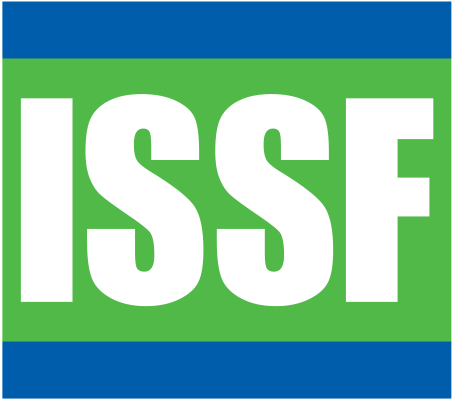Document: ISSF 2016-09: Training of Costa Rican Longline Fishermen, Observers and Government Agencies on Sea Turtles Survival
Incidental capture of sea turtles is an important problem in fisheries worldwide, and one of the main causes of the decrease of their populations. While effective alternatives to reduce incidental capture are studied and put in place, identifying methods to increase an animal’s probability of survival after incidental capture is a priority. There are currently already a number of techniques and procedures which are well known, and which can already be recommended or discouraged in order to increase the chances of an animal surviving the interaction with fisheries. All this information should be passed onto fishermen, fishery observers and government agencies in order to improve marine turtle post-release survival.
Costa Rica is currently very interested to address its problems with fisheries interacting with marine turtles in a proactive and effective way, and wants to work on this issue to comply with the regulations recently put forward by the Government. In November 2014 the Executive Decree N. 38681-MAG-MINAE was published on the “Management for the efficient use of tuna and similar species in the Exclusive Economic Zone of the Costa Rican Pacific” (popularly know as “the Tuna Decree”). This requires, among other regulations, the training of fishermen and fishery observers in these best practices, and the use of adequate equipment and tools on board longline vessels.
Downloads: 467 | Views: 0
Andraka, S. and M. Parga. 2016. Training of Costa Rican longline fishermen, fishery observers and government agencies to increase post-release survival of incidentally captured sea turtles. ISSF Technical Report 2016-09. International Seafood Sustainability Foundation, Washington, D.C., USA.
